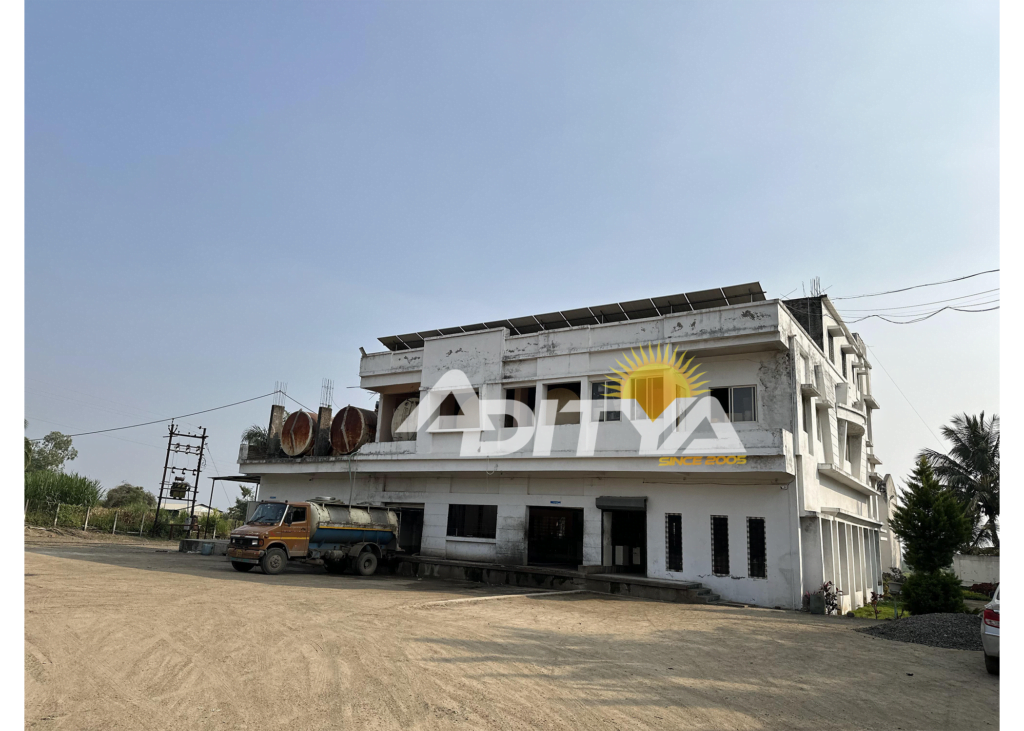
Solar Panels in Dairy Industries: Harnessing Sustainable Energy Solutions
Learn how solar panels in dairy industries are revolutionizing energy consumption and sustainability practices. Explore the benefits, challenges, and considerations for implementing solar energy solutions on dairy farms.
Solar Panels In Dairy Industries
The adoption of solar energy in dairy industries represents a significant step towards sustainable farming practices. As dairy farms continue to grapple with rising energy costs and environmental concerns, solar panels offer a viable solution to reduce reliance on traditional power sources and minimize carbon emissions
Challenges in Dairy Industry
Dairy farming operations are inherently energy-intensive, requiring electricity for milk processing, cooling systems, and other essential tasks. However, conventional energy sources contribute to high operating costs and environmental impact, posing challenges for farm sustainability and profitability.
Benefits of Solar Panels in Dairy industries
The integration of solar panels in dairy farms offers a multitude of benefits. From reducing electricity bills and generating additional revenue through excess energy production to enhancing the farm’s environmental stewardship and sustainability credentials, solar energy presents a compelling value proposition for dairy farmers
Installation Considerations
When installing solar panels on dairy farms, several factors must be taken into account. Assessing available roof space, considering panel orientation for optimal sunlight exposure, and determining the appropriate capacity to meet energy demands are crucial considerations for a successful installation
Integration with Dairy Operations
Solar panels not only provide clean energy but also integrate seamlessly with dairy operations. By powering milk cooling systems, water pumps, and other essential equipment, solar energy enhances operational efficiency and reliability, ultimately contributing to increased milk production and farm profitability.
Financial Considerations
While the upfront costs of installing solar panels may seem daunting, the long-term financial benefits are significant. Through reduced energy expenses, potential revenue from excess energy generation, and government incentives or rebates, solar investments offer a compelling return on investment for dairy farmers.
Installing solar panels on dairy farms offers several benefits, including reducing electricity bills, enhancing energy independence, mitigating environmental impact, and potentially generating additional revenue through excess energy production.
Solar panels reduce reliance on grid electricity, thereby lowering energy expenses for dairy farmers. Additionally, excess energy generated by solar panels can be sold back to the grid or stored for future use, further maximizing cost savings
When selecting solar panel capacity, dairy farmers should consider their energy consumption patterns, available roof space, budget constraints, and future energy needs. Consulting with solar professionals can help determine the optimal panel capacity for specific farm requirements.
Yes, many governments offer incentives and rebates to encourage solar adoption in the agricultural sector. These incentives may include tax credits, grants, net metering programs, and renewable energy certificates, making solar investments more financially attractive for dairy farmers
To ensure optimal performance and longevity, dairy farmers should schedule regular maintenance checks, including panel cleaning, inspection of wiring and connections, and addressing any issues promptly. Following manufacturer guidelines and working with reputable installers can also help maximize panel lifespan.
© 2024 Aditya Renewable Energy. All Rights Reserved.
